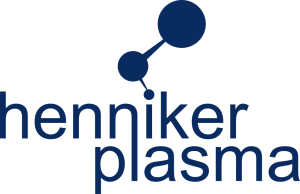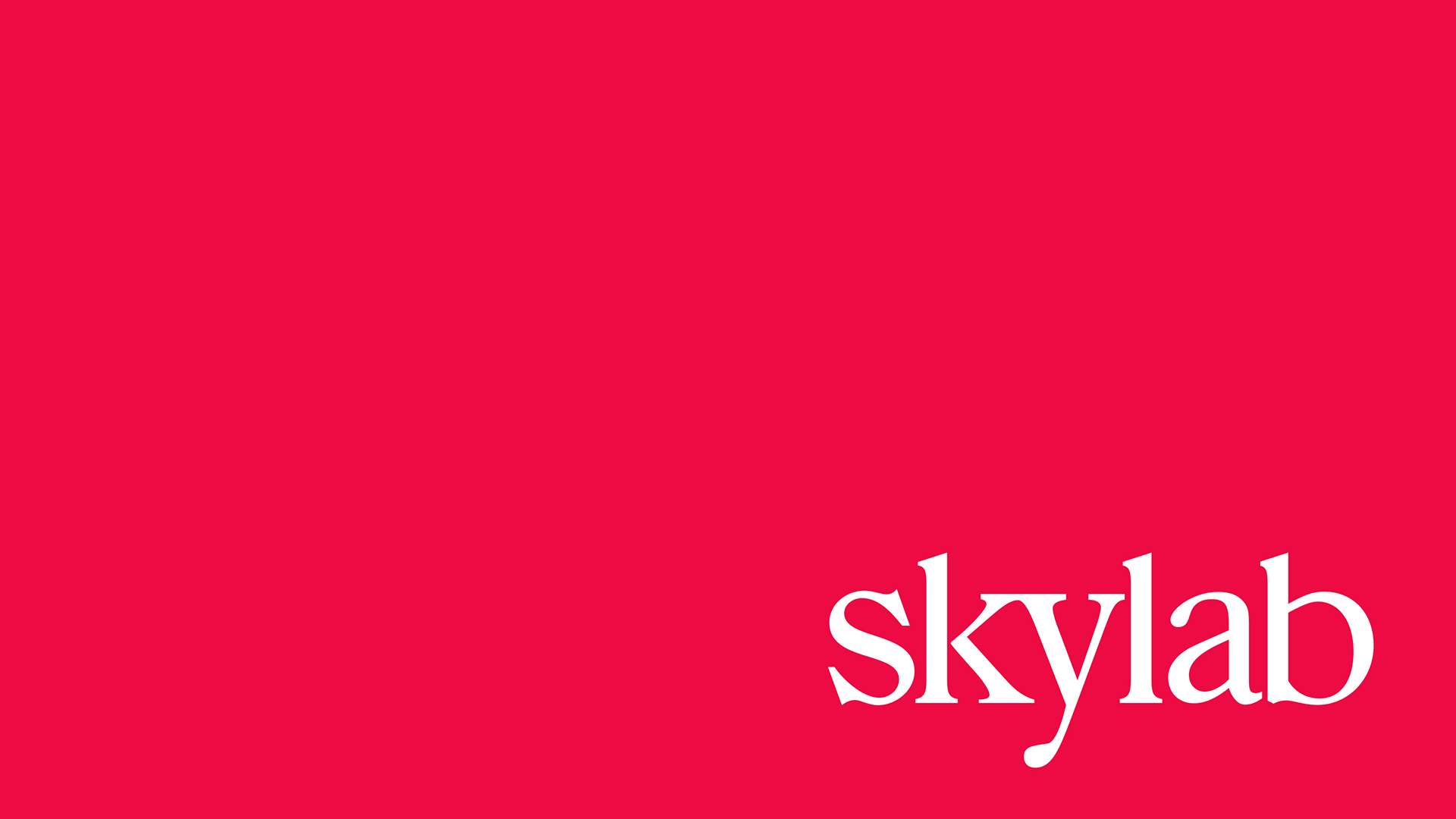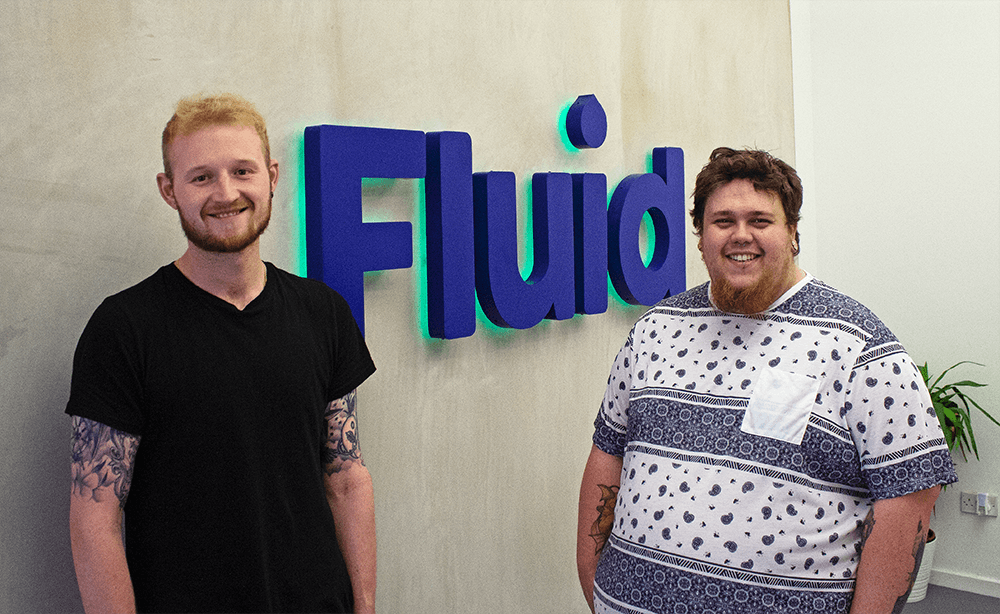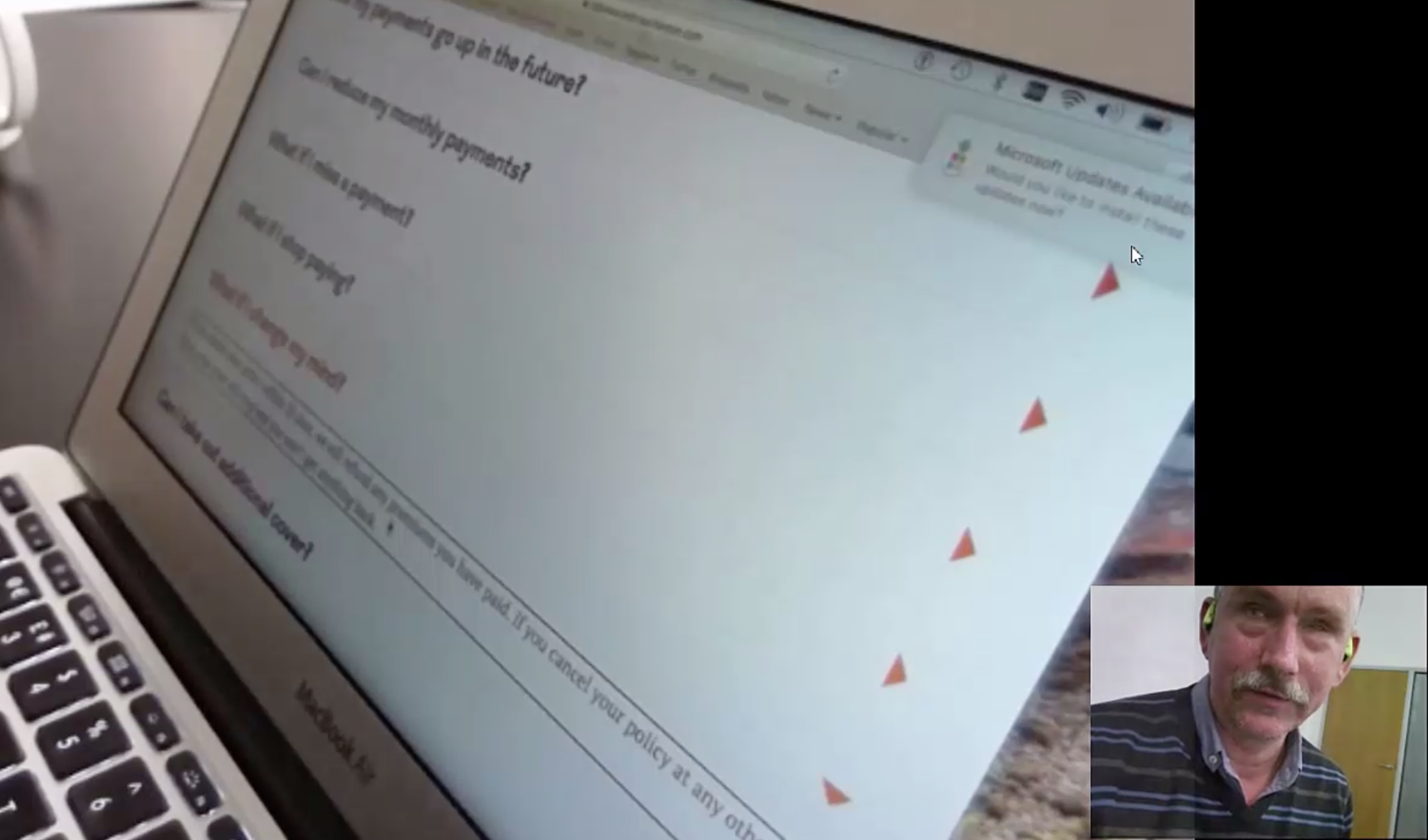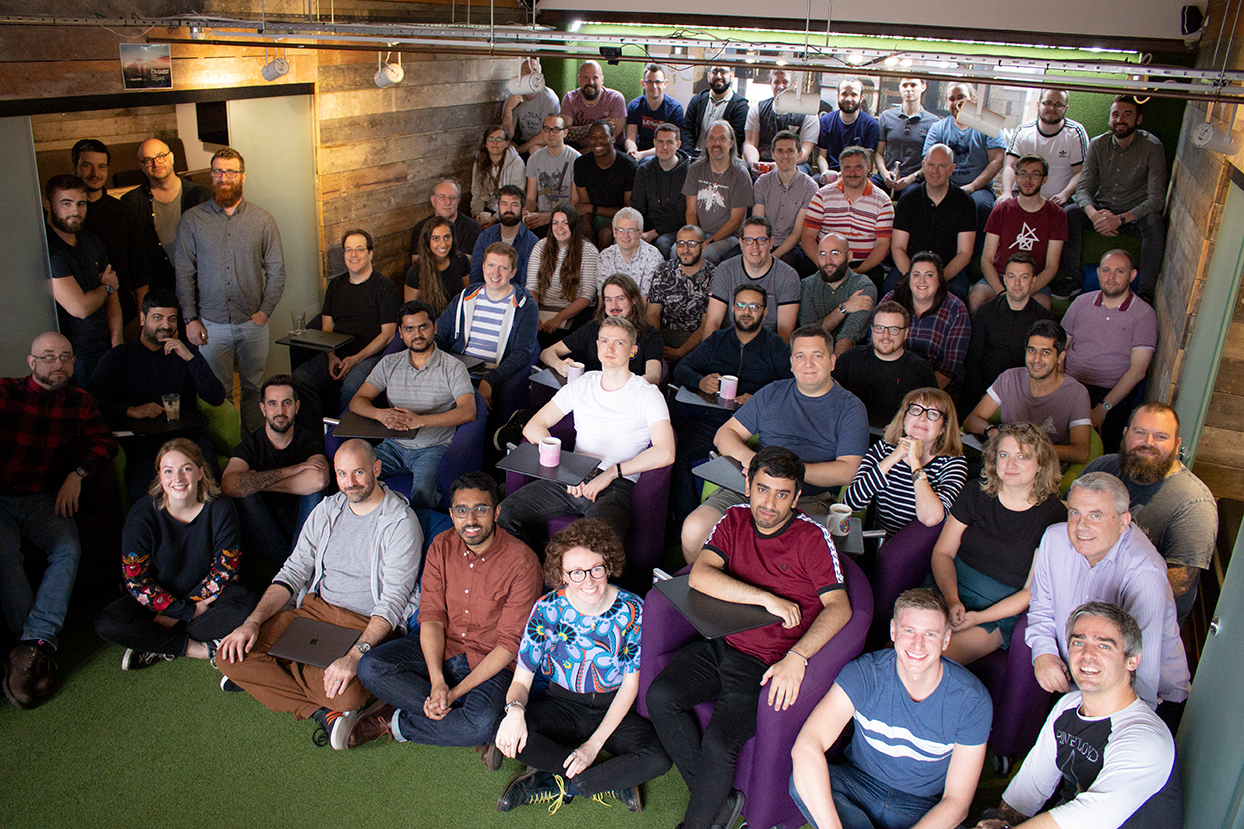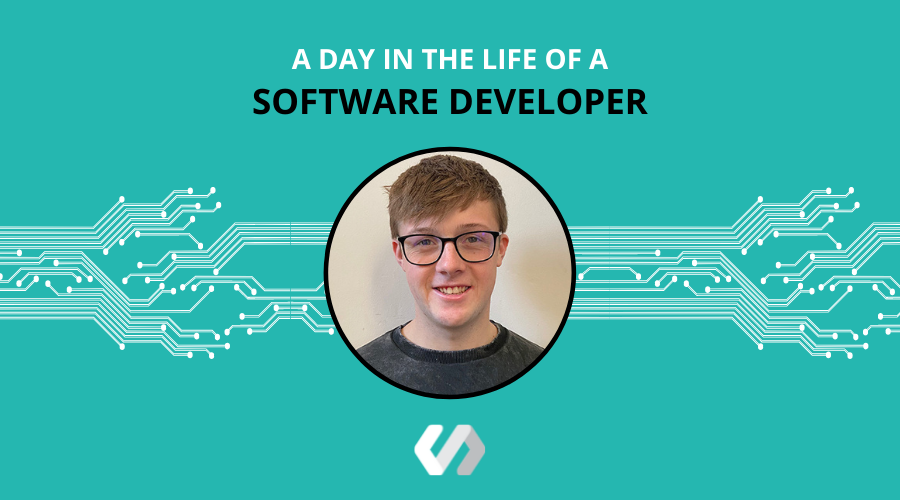
From the addictive computer game you played as a child, to that handy smartphone app you can't go without, and that useful system at work that automates the tedious tasks. Software developers are the creative masterminds behind all of them. They are sometimes called computer programmers, coding whizzes, and even tech gurus.
So, what does a software developer actually do?
We interviewed Seb Smith, developer at the award-winning digital agency, Silverchip, to find out.
What does a standard working day consist of?
I will usually log on from 7:30-8 am then drink my morning coffee whilst working out what needs to be done that day.
Due to our flexible working hours, as long as we are online between the hours of 10-3, we can make up the rest of our time whenever we like. I prefer to start early so I can finish early but it's all preference and great to have the freedom and flexibility.
I start with reviewing job tickets, and work out what tickets I need to do that day. Due to the nature of working at a digital agency, the work on the tickets can vary. Sometimes it can be minor styling changes, bug fixes, developing new features, or deployments.
I continue working on the tickets until 11:45 which is when we have our daily stand-up meeting with the dev team (we call it campfire). This will either be done remotely at home or in the office, wherever I decide to work that day.
During these daily meetings, each team member will go through what they have done that morning and raise any issues or blockers they may have. These issues won't be resolved here but the relevant people will have been made aware and will action following the meeting.
After campfire, I will work till 12:30 then go grab some food. Due to the flexible hours, we can have lunch anytime between 12-2. I like to take 30 mins between 12:30-1.
Following lunch, I will carry on with more tickets until 3:30-4pm, then clock off for the day.
What is your go-to food for lunch?
Hmmm, this is something that frustrates me daily. I hate preparing my lunch and due to my lack of organisation, it can vary massively. Anything from a simple plate of beans on toast to a secret smoked salmon bagel recipe supplied by our very own Head of Digital, Jake Julich.
What essential tools or websites do you use daily to help you code?
Besides the obvious one, Google. I tend to use a lot of each technologies own documentation. StackOverflow and trawling through GitHub issues help me a lot as well. I also have a few Medium articles bookmarked that I find interesting and informative and often refer back to.
What is the most exciting project you have worked on so far?
Hmm, that is a tough one. I have enjoyed working on one of our latest projects a banking app for a FinTech client, Suits Me Banking. However, the most fun and rewarding project I have worked on so far has to be converting our base project Oak to TypeScript and also adding dark mode. I really enjoyed the complexity of the project.
What made you want to become a developer?
I have struggled with my health for many years before becoming a developer. Back in 2016, I was diagnosed with stage 4 Hodgkins Lymphoma, I was 19 at the time. After many stints in and out of The Christie, I began to get better from 2019 onwards.
I started to fix push bikes for some extra cash but I knew that it isn't what I wanted to do long term. I knew I loved gaming, so I researched careers in game development online.
I came across Northcoders, a software development training provider. I enquired and before I knew it I was learning JavaScript and how to build apps.
What attributes and skills do you think help make a developer successful?
Being good at googling!
I think it requires determination and patience, being a developer can be quite frustrating and there will be times where you think you will never know some of these complex systems. Be keen to learn. Don’t be scared of failure, failure is good, so long as you learn why you failed and get back up from it. It also helps being a nerd!
What is one piece of career advice you would give to any aspiring developers or developers who are just starting out?
Build things, find a personal project you feel passionate about and just start building it. You will be surprised at how quickly you absorb things and how things start to click when you implement things that need a bit of customisation to suit your needs.
If you would like to find out more about working as a software developer, check out our Instagram page for a behind-the-scenes insight into life at Silverchip, or visit our careers page.

